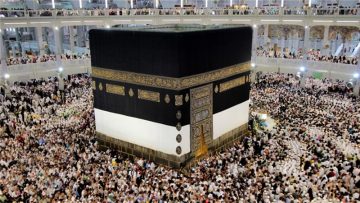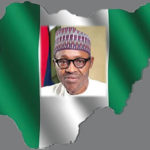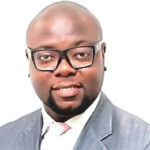
With the aggressive sensitization programmes so far conducted by the commission over the 2018 Hajj, not up to one third of the Hajj slots have been paid for. It is really worrisome and a very great challenge to the exercise.
Closely following announcement of the Hajj fares is the pivot of Hajj operations. It is the official exchange rate of naira to US dollar and its effects on Hajj fares. It was difficult to believe that last year’s Hajj fares were less than that of 2016 Hajj. It was difficult to convince the pilgrims that the assumption that the 2017 Hajj cost was high was misplaced because the official exchange rate of the US dollar astronomically went up from N197 in 2016 to N305 in 2017. For now, it is not possible to source Riyals directly from the Central Bank of Nigeria (CBN).
With the above analysis, the possibility of the 2018 Hajj fares being less than 2017 Hajj is definitely slim except the official exchange rate is reduced. In consideration of the official exchange rate of N360 to a US$1, the Hajj fares would be above N2million. On that, a non-governmental organization, Media Awareness Initiative for Hajj (MAI-HAJJ), has urged the Nigerian government to assist the country’s intending pilgrims with low concessionary exchange rate for pilgrimage in order to have a hitch-free 2018 Hajj exercise.
The biometric data capturing is another issue ofinterest to the commission. There are only three centre situated in Abuja, Lagos and Kano. Umrah pilgrims are already telling different stories of woe in the exercise. Due to NAHCON’s official protest against the new policy, the Saudi government has agreed to increase the centers to 10. How the ten centres will be distributed among the 30 states of the federation is going to be a herculean exercise.
Finally, the full utilisation of the 2018 Hajj slots to guarantee same number or more in subsequent years is demanding. Before the national/global economic meltdown, Nigeria has been on the top list of countries demanding for more Hajj slots. Nigeria had often argued before the Saudi government that the 95,000 slots are inadequate for the teeming Muslim population in the country.
As the economic situation continues to improve in Nigeria, such demands will definitely arise in future. And if that happens, the Saudi government will surely reflect on the past utilization of slots.
Muhammad Ajah, Abuja.
WATCH TOP VIDEOS FROM NIGERIAN TRIBUNE TV
- Relationship Hangout: Public vs Private Proposals – Which Truly Wins in Love?
- “No” Is a Complete Sentence: Why You Should Stop Feeling Guilty
- Relationship Hangout: Friendship Talk 2025 – How to Be a Good Friend & Big Questions on Friendship
- Police Overpower Armed Robbers in Ibadan After Fierce Struggle





